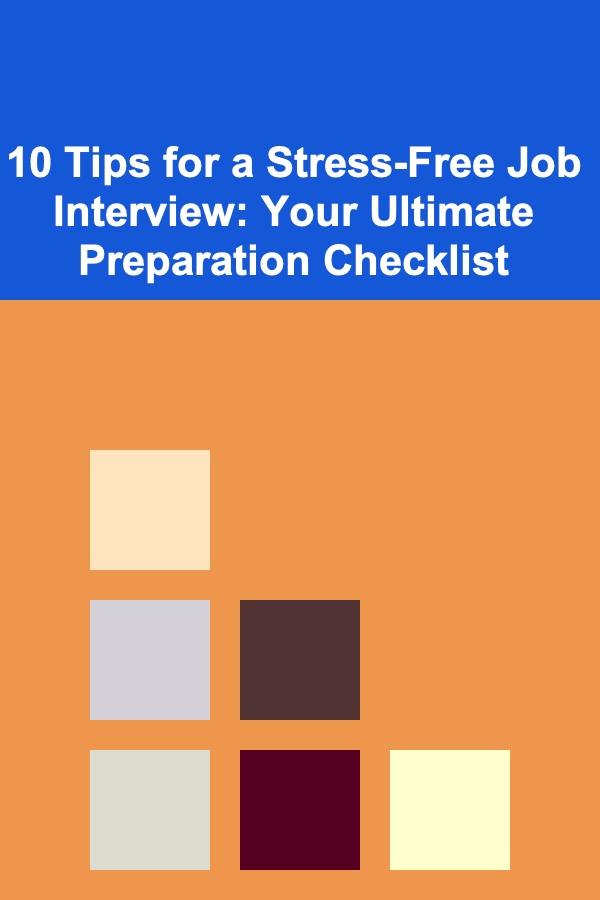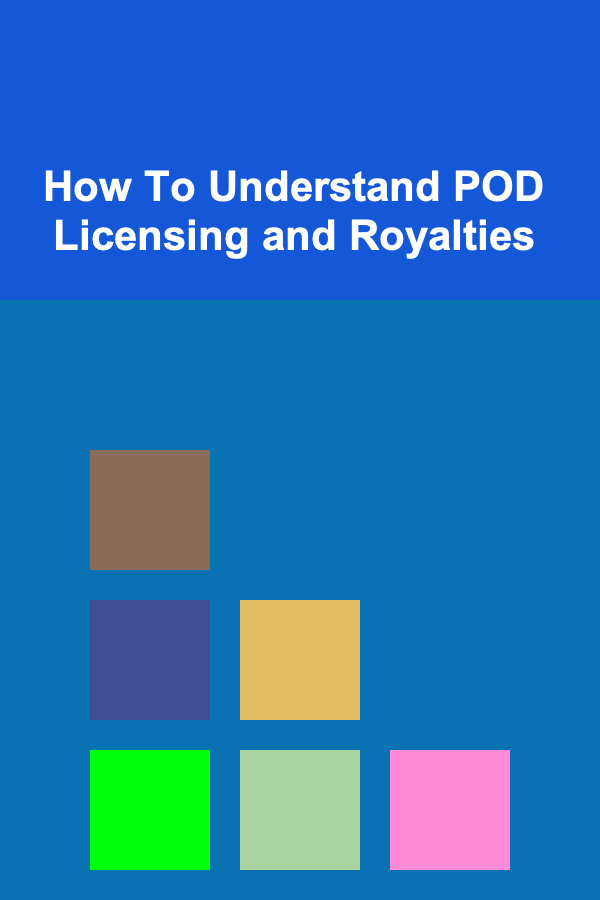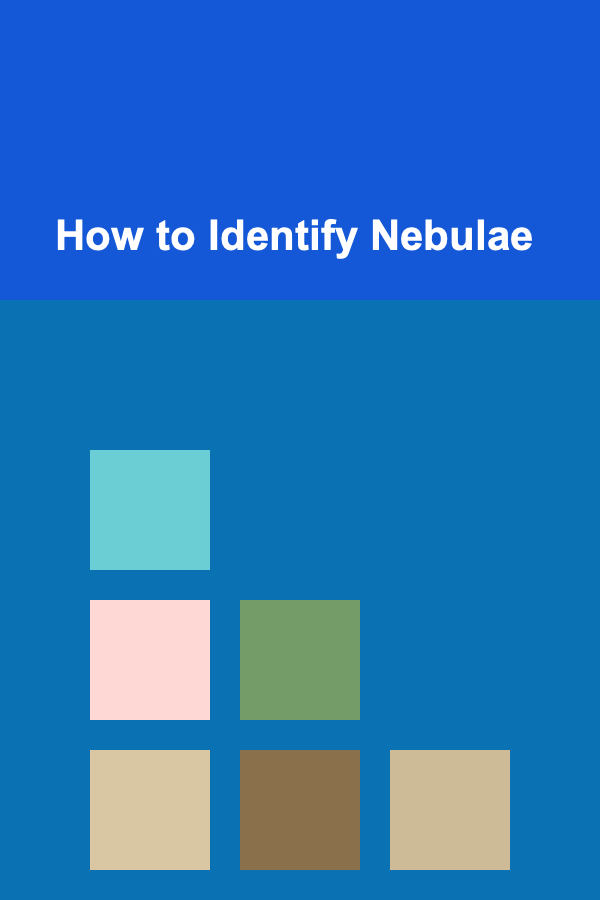
10 Tips for a Stress-Free Job Interview: Your Ultimate Preparation Checklist
ebook include PDF & Audio bundle (Micro Guide)
$12.99$8.99
Limited Time Offer! Order within the next:

Job interviews can be a nerve-wracking experience, no matter how experienced or prepared you are. The pressure to make a good impression, showcase your skills, and answer questions on the spot can create a great deal of anxiety. However, with the right preparation and mindset, you can turn that stress into confidence and improve your chances of landing the job. In this article, we'll provide 10 essential tips for managing stress before and during your job interview, turning it into a more enjoyable and successful experience.
Research the Company Thoroughly
One of the most important things you can do to feel confident and prepared for your interview is to understand the company you're applying to. Researching the company's culture, mission, and values not only allows you to tailor your responses but also helps you determine whether the organization is the right fit for you.
How to do it:
- Visit the company's website: Review their about page, products or services, and any recent news or updates.
- Check their social media: Look at their LinkedIn, Facebook, and Twitter pages to gain insight into their corporate culture and public image.
- Read employee reviews: Websites like Glassdoor and Indeed can provide feedback on the company's work environment and salary ranges.
- Understand their competitors: Familiarize yourself with the company's competitors and the industry trends affecting the business.
Example:
If you are interviewing with a tech company, researching their latest product launch or new technologies can help you tailor your answers to demonstrate that you are in tune with their innovations.
Being well-versed in the company's values and goals allows you to connect your own experiences and skills to their mission, showing that you're genuinely interested and proactive.
Prepare for Common Interview Questions
While every interview is unique, many employers ask similar types of questions. Anticipating these questions and preparing thoughtful responses will help reduce anxiety and ensure that you don't get caught off guard.
Common questions to prepare for:
- Tell me about yourself.
- Why do you want to work here?
- What are your strengths and weaknesses?
- Where do you see yourself in five years?
- Can you describe a time when you had to overcome a challenge at work?
How to do it:
- Write down your answers to these common questions and practice delivering them.
- Focus on how your experience aligns with the role you're applying for.
- Be concise but thorough---offer examples when possible to make your answers more compelling.
- Practice out loud, either in front of a mirror or with a trusted friend or mentor.
Example:
When asked about your strengths and weaknesses, focus on turning a weakness into a learning opportunity. For instance, if you're not comfortable with public speaking, you could mention how you're actively taking steps to improve, like enrolling in a course or practicing regularly.
By rehearsing your answers, you can communicate your qualifications with confidence and reduce the likelihood of stumbling during the actual interview.
Dress Appropriately for the Job and Company Culture
The way you present yourself in an interview speaks volumes about your professionalism and respect for the opportunity. While it's essential to dress well, it's equally important to align your attire with the company's culture. Some workplaces may require formal business attire, while others may prefer business casual or even casual wear.
How to do it:
- Research the company dress code: Use your research to understand the company's culture and dress expectations.
- Choose a professional outfit: When in doubt, opt for business casual attire. A well-fitted suit or a professional dress paired with modest accessories is often safe for most industries.
- Ensure your clothing is clean and well-maintained: Make sure your clothes are wrinkle-free and fit properly.
Example:
If you're interviewing at a corporate law firm, a suit or professional dress is appropriate. However, if you're interviewing at a tech startup with a more relaxed culture, business casual might be more fitting.
Dressing appropriately not only boosts your confidence but also shows that you are respectful and serious about the opportunity.
Practice Good Body Language
Nonverbal communication plays a significant role in interviews. Positive body language can convey confidence and attentiveness, while negative body language can signal anxiety or disinterest. Being aware of your posture, eye contact, and gestures can make a major difference in how you're perceived.
How to do it:
- Maintain good posture: Sit up straight and avoid slouching to appear more confident and engaged.
- Make eye contact: Look the interviewer in the eye when answering questions to show you're engaged and trustworthy. Avoid excessive eye contact, but don't stare at the ground either.
- Smile and nod: Smiling helps create a positive, approachable vibe, while nodding shows that you're actively listening.
- Avoid fidgeting: Try to keep your hands still and avoid actions like tapping your feet or playing with your hair, which can signal nervousness.
Example:
During the interview, when discussing your qualifications, maintain eye contact with the interviewer while speaking and occasionally smile to show enthusiasm about the opportunity.
By being mindful of your body language, you can project confidence and make a more positive impression on your interviewer.
Prepare Meaningful Questions to Ask the Interviewer
Job interviews are a two-way street. While the employer assesses your qualifications, you should also take the opportunity to determine if the job and company are a good fit for you. Asking thoughtful questions not only shows your interest but also helps you gain valuable insights into the role.
How to do it:
- Ask about the company's work culture, management style, and expectations for the role.
- Inquire about growth opportunities and career development within the company.
- Ask about team dynamics or challenges the company is currently facing.
- Avoid questions about salary and benefits during the first interview unless the interviewer brings it up.
Example:
You could ask, "What are the most important qualities you're looking for in someone for this role?" or "Can you tell me about the team I would be working with?"
Asking insightful questions demonstrates that you've done your homework and that you're genuinely interested in the company and its future.
Know the Location and Plan Ahead
The logistics of your interview are just as important as your performance during the interview. Arriving late can create a poor first impression and add unnecessary stress. It's essential to plan your route and allow yourself extra time to account for any unforeseen circumstances.
How to do it:
- Know the exact location: Make sure you know the address, including details like parking or public transportation options.
- Leave early: Aim to arrive at least 10--15 minutes before your scheduled interview time.
- Have a backup plan: Research alternate routes in case of traffic or other delays.
Example:
If you're traveling to an unfamiliar location, check Google Maps in advance and consider visiting the site the day before to get a feel for the area. This ensures you won't be flustered on the day of the interview.
Planning your route and arriving on time will help you feel more in control and reduce anxiety.
Take Care of Your Mental and Physical Health Before the Interview
Your physical and mental well-being directly affects how you perform in an interview. A good night's sleep, proper nutrition, and stress-relief techniques can help you stay focused, energized, and confident.
How to do it:
- Get plenty of sleep: Aim for 7-9 hours of sleep the night before your interview to ensure you're well-rested and sharp.
- Eat a healthy breakfast or lunch: Choose foods that boost your energy, such as fruits, whole grains, and lean protein.
- Practice relaxation techniques: Consider using meditation or deep breathing exercises to calm your nerves before the interview.
Example:
If you're prone to anxiety, try practicing deep breathing exercises or mindfulness for 10-15 minutes before heading into the interview. This can help reduce tension and help you approach the interview with a calm mindset.
Taking care of yourself beforehand ensures you'll feel at your best during the interview.
Prepare Your Documents and Portfolio
To avoid last-minute stress, make sure all your documents are organized and ready to go the day before the interview. This includes your resume, cover letter, references, and any relevant work samples or portfolios.
How to do it:
- Bring multiple copies of your resume: Ensure you have at least three copies of your resume on hand---one for yourself and one for each person you'll be meeting with.
- Prepare your portfolio or work samples: If the job requires you to showcase your skills, bring examples of your work, such as writing samples, designs, or presentations.
- Make sure your references are ready: Bring a list of professional references that you can provide if asked.
Example:
If you're applying for a creative role, ensure that your portfolio is updated and that you can easily share it with the interviewer. For example, you might bring a printed version or have it ready to email.
Being prepared with the necessary documents ensures that you look organized and professional, and allows the interview to run smoothly.
Reframe Nervousness as Excitement
It's natural to feel nervous before an interview, but how you interpret that anxiety can make a huge difference in your performance. Instead of focusing on how nervous you are, reframe your emotions as excitement about the opportunity.
How to do it:
- Change your mindset: Instead of thinking, "I'm nervous," tell yourself, "I'm excited for the chance to interview."
- Use excitement to fuel energy: Focus on the positive aspects of the interview, like the chance to learn more about the company and showcase your skills.
Example:
Before the interview, remind yourself that the interview is an opportunity for you to connect with the company and demonstrate your abilities. This shift in mindset can help reduce the feeling of nervousness.
Reframing nervousness as excitement can transform your mindset and help you approach the interview with confidence.
Follow Up with a Thank-You Note
After the interview, always follow up with a thank-you note to express your appreciation for the opportunity and reiterate your interest in the position. This simple gesture can set you apart from other candidates and leave a lasting positive impression.
How to do it:
- Send a thank-you email: Within 24 hours of the interview, send a personalized thank-you email that highlights your enthusiasm for the role.
- Be specific: Mention something specific from the interview that reinforced your interest in the position.
- Keep it professional: Avoid overly casual language and keep the tone polite and professional.
Example:
"Dear [Interviewer's Name], Thank you so much for taking the time to speak with me today. I enjoyed learning more about the role and your team. I'm very excited about the opportunity to contribute to [Company Name] and am confident that my skills and experiences would be a great fit for the position. I look forward to hearing from you soon."
A thoughtful thank-you note shows that you're professional, respectful, and genuinely interested in the role.
Conclusion
Interviews are a critical part of the job search process, but with the right preparation, you can transform them from nerve-wracking experiences into opportunities to shine. By researching the company, practicing answers to common questions, dressing appropriately, and maintaining a positive mindset, you can reduce stress and set yourself up for success. The key is to stay prepared, stay calm, and approach the interview as a chance to showcase your qualifications and enthusiasm. With these 10 tips, you'll be well-equipped to handle any interview situation with confidence and poise.
Reading More From Our Other Websites
- [Tie-Dyeing Tip 101] From Plain to Prismatic: Creative Tie-Dye Patterns for Towels
- [Beachcombing Tip 101] Best Beachcombing Locations in the UK
- [Home Pet Care 101] How to Bathe a Cat: A Stress-Free Guide for Cat Owners
- [Home Family Activity 101] How to Master the Perfect Backyard Bonfire with S'mores for All Ages and Skill Levels
- [Digital Decluttering Tip 101] Inbox Overload? Proven Strategies to Tame Email and Reclaim Your Time
- [Home Space Saving 101] How to Choose the Right Laundry Space Saver Storage Rack
- [Home Holiday Decoration 101] How to Design Holiday Party Decorations That Will Impress Your Guests
- [Personal Care Tips 101] How to Whiten Your Teeth Without Irritating Your Mouth
- [Organization Tip 101] How to Keep Your HVAC System Running Smoothly Year-Round
- [Home Space Saving 101] How to Organize Your Small Kitchen Drawers

How to Offer Customization Services to Stand Out in the Market
Read More
How to Understand the Hubble Space Telescope
Read More
How To Understand POD Licensing and Royalties
Read More
How to Identify Nebulae
Read More
How to Prepare Your Car for Holiday Road Trips: A Checklist
Read More
10 Tips for Planning Your Video Game Streaming Setup
Read MoreOther Products

How to Offer Customization Services to Stand Out in the Market
Read More
How to Understand the Hubble Space Telescope
Read More
How To Understand POD Licensing and Royalties
Read More
How to Identify Nebulae
Read More
How to Prepare Your Car for Holiday Road Trips: A Checklist
Read More